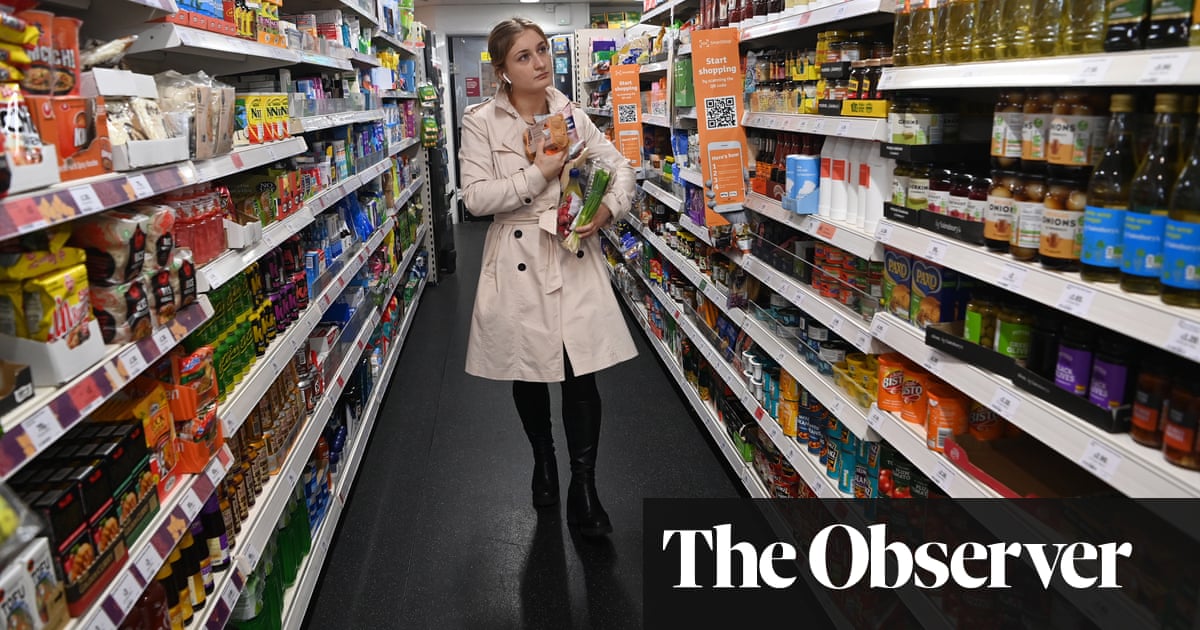
Mexico votes on Sunday in a presidential election that could result in a landslide win for leftist politician Andres Manuel Lopez Obrador. This would add a new anti-establishment edge to global politics, albeit this time of a left-wing variety in this key G20 state, with potential diplomatic fireworks on the horizon with Donald Trump.
Significant as Lopez Obrador’s election could be for Mexico, the international relations implications are potentially profound too, with the peso languishing close to historic lows against the US dollar. The leftist populist has positioned himself as a leading critic of Trump and his perceived “campaign of hatred” against Mexicans, opening up flashpoints with the US president over trade and immigration.
Clashes over Trump’s proposed US-Mexico border wall are highly likely. This year Lopez Obrador published “Listen Up, Trump,” a compilation of speeches he gave on a tour of US cities in which he addressed migrant rights for the estimated 35 million people of Mexican descent living in the US.
Then there is the possibility of disagreements over the North America Free Trade Agreement (NAFTA), with renegotiations between the US, Canada and Mexico currently faltering. Although Lopez Obrador, a former mayor of Mexico City, appears to have become more pragmatic about NAFTA in recent weeks, his election could nonetheless throw a spanner in the works of those already troubled talks.
NAFTA, which came into force in January 1994, is the most comprehensive trade agreement outside the EU, and the first such major deal between one developing country (Mexico) and two developed ones (the US and Canada). But despite having significant business support, it has been increasingly attacked by politicians, culminating in Trump calling it “the worst trade deal maybe ever signed anywhere, but certainly ever signed in this country.”
Lopez Obrador’s domestic political appeal lies in his pledges to clean up government, reduce inequality, subdue gang violence and “transform” a country he says has been debased by the few at the expense of the many. This has resonated with many voters after years of mounting drug violence, sluggish economic growth and corruption that have gradually eroded the credibility of the conventional political class. Civil disorder is rife, and there have been more than 100 political killings during this campaign alone, many at the municipal or state level.
Lopez Obrador’s domestic political appeal lies in his pledges to clean up government, reduce inequality, subdue gang violence and “transform” a country he says has been debased by the few at the expense of the many.
Andrew Hammond
An example of the changes Lopez Oprador has promised is over Mexico’s free-market policies. In the energy sector, for instance, he has pledged to audit all energy sector licenses to private companies under the administration of current President Enrique Pena Nieto, and grant no new ones.
On international trade, Lopez Oprador said in the last presidential debate that NAFTA’s collapse “cannot be fatal for Mexicans, our country has a lot of natural resources, a lot of wealth.” He would seek to redirect efforts toward internal domestic markets, and reviving the rural economy.
Despite his more pragmatic NAFTA stance of late, including his proposed appointment of academic and former top WTO official Jesus Seade as his NAFTA negotiator, Lopez Oprador’s election would clearly inject new uncertainty into already flagging NAFTA talks given his animus toward Trump. Despite optimistic talk from the US, Canada, and Mexico in April, there appears to have been little to no progress since then.
However, it is not just the Mexican election where political risk could arise in coming weeks with regard to NAFTA. With November’s US congressional elections on the horizon, the NAFTA talks — in the absence of any progress recently — could be suspended until at least 2019. This is because, with the US House of Representatives and Senate going into recess in July, and only briefly reconvening this autumn, Republicans who control Congress may well prefer contentious NAFTA issues to be delayed next year and not to cloud the 2018 congressional campaign, given that more protectionist-leaning Democrats are seeking to retake both chambers.
Added to this congressional issue is that of the Trump team, which has presented the single biggest challenge to progression in the NAFTA talks so far. The US president’s latest disruptive move came on June 1, when he said he might seek separate individual agreements with Canada and Mexico. This sent confusing messages as his team had doubled down since March on delivering a renegotiated trilateral treaty.
This new US stress on bilateralism has been criticised not just by Mexico, but Canada too. Ottawa insists that NAFTA is a trilateral agreement and that it must continue to be renegotiated by all three parties.
It is into this turbulent mix that Lopez Obrador’s election has the capacity to shake up not just domestic politics, but wider international relations too, including NAFTA. Diplomatic fireworks with Trump are particularly likely given the contrasting politics of these two populist leaders who could govern their countries until well into the 2020s.
Andrew Hammond is an Associate at LSE IDEAS at the London School of Economics.
Disclaimer: Views expressed by writers in this section are their own and do not necessarily reflect Arab News" point-of-view












